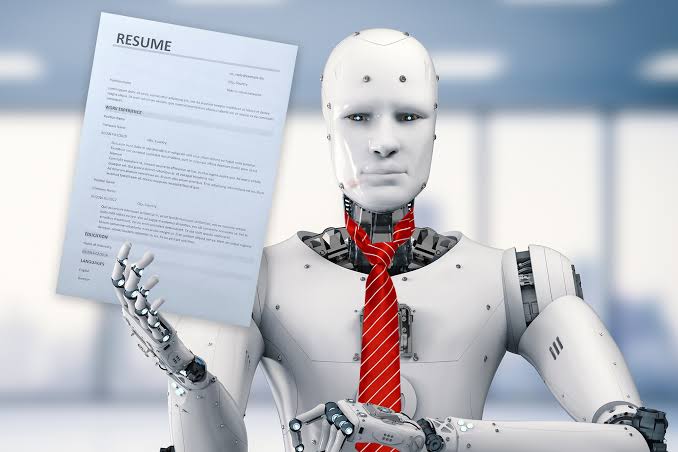By Zion Rufus
The recent launch of GPT-4, an updated version of OpenAI’s text-generating artificial intelligence program has sparked fresh discussions on the possible obsolescence of human labor following the release of a list of jobs the chatbot could potentially replace.
Barely a month ago, professionals had dispelled concerns surrounding developments in artificial intelligence and its impacts on the global workforce, particularly white collar jobs.
“(AI) It is going to eliminate a lot of current jobs, that’s true. We can make much better ones,” Sam Altman, CEO of OpenAI had said while speaking on the capacity of AI to overtake human jobs in an interview with ABC News.
As the new wave of generative AI develops further and diffuses into much wider use cases, David Alexander, an entrepreneurial leader, is concerned about the notion of creating “better jobs” while there will be a net loss of jobs. Without doubt there is going to be an unprecedented disruption, with plenty of challenges laying ahead.
Tomasz Fryderyk Urbanski, founder of Culturama notes that the argument that Al increases employee productivity but cannot completely replace them does not imply that there will be no job losses, adding that over time, as machines get better, it will lead to decreased employment for certain types of jobs.
“A common mistake that people make is that they think about the process of replacing people with machines as happening instantaneously i.e. one day we have a team of 10 people doing something and the next day there is no one, just the machine. In practice, this process is continuous. A sudden significant boost in the productivity of employees often leads to job losses. If a company has 10 developers and can immediately make some of them twice as productive, most likely it will let go of some of them, maybe not half but let us say 2-3,” Urbanski said.
As listed by GPT-4, some of the jobs that would be replaced include data entry clerks and market research analysts, content writers(advertising, technical writing, journalism), email marketers, technical support analysts, customer service representatives, proofreaders, paralegal, Bookkeepers, translators and transcriptionists, copywriters, social media manager, and tech jobs such as coding, software developers, web developers, computer programmers, and data scientists.
“We don’t seem to recognize that we’ve crossed an important threshold, says Bart Flos, author and speaker. “Al has surpassed a tipping point: the genie is out of the bottle. We can’t stop its exponential development any more.”
According to ChatGPT, the above listed jobs are in danger of being replaced because they are all roles that require high level of accuracy and precision, and it is able to perform these tasks faster and more accurately than humans, and can analyze large amounts of data quickly and efficiently, making it an ideal replacement for labor-intensive roles.
“Its happening right now – first slowly, then it will be all at once. Its so important for us to develop the skills which Al finds hard to replicate whilst acquiring the knowledge needed to work with Al effectively and ethically. This is how individuals and companies thrive and don’t get left behind,” the Attrainment company stated in a comment.
“Al is paradigm shifting,” the statement read, adding that the world has already changed beyond comprehension and the nature of work and the workplace is fundamentally changing.






Comment
No comments found.